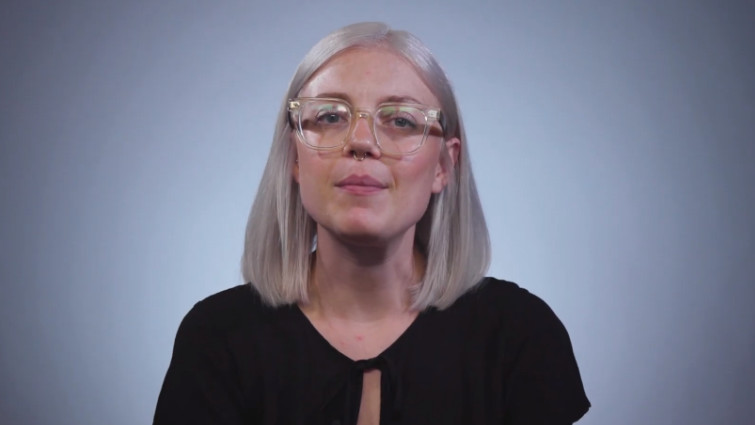Establishes positive relationships
- Assumes personal responsibility to do their share of the work and follows through in a timely manner on inquiries, requests and concerns from individuals, their families, community partners and others
- Identifies the strength of key individual relationships and improves them in their immediate environment
- Maintains clear and timely communication with individuals and families, seeks continual feedback about service experience and shares helpful information and person directed goals
- Shares information, expertise and insight with team members about actions or proposed changes that will affect them. Uses ethical judgement about sharing information with others
- Treats other team members with respect, and listens with an open mind to others’ points of view
- Genuinely values others’ input and expertise and sees how each member contributes to a process and to the success of the team
- Sees value in engaging with diverse perspectives and takes advantage of those opportunities
- Values the diversity of roles, talents, skills, cultures and backgrounds that others bring to their learning and to joint team efforts
- Identifies and seeks out others who can support the goals of the team
- Willingly seeks diversity of feedback on ideas and adjusts accordingly


